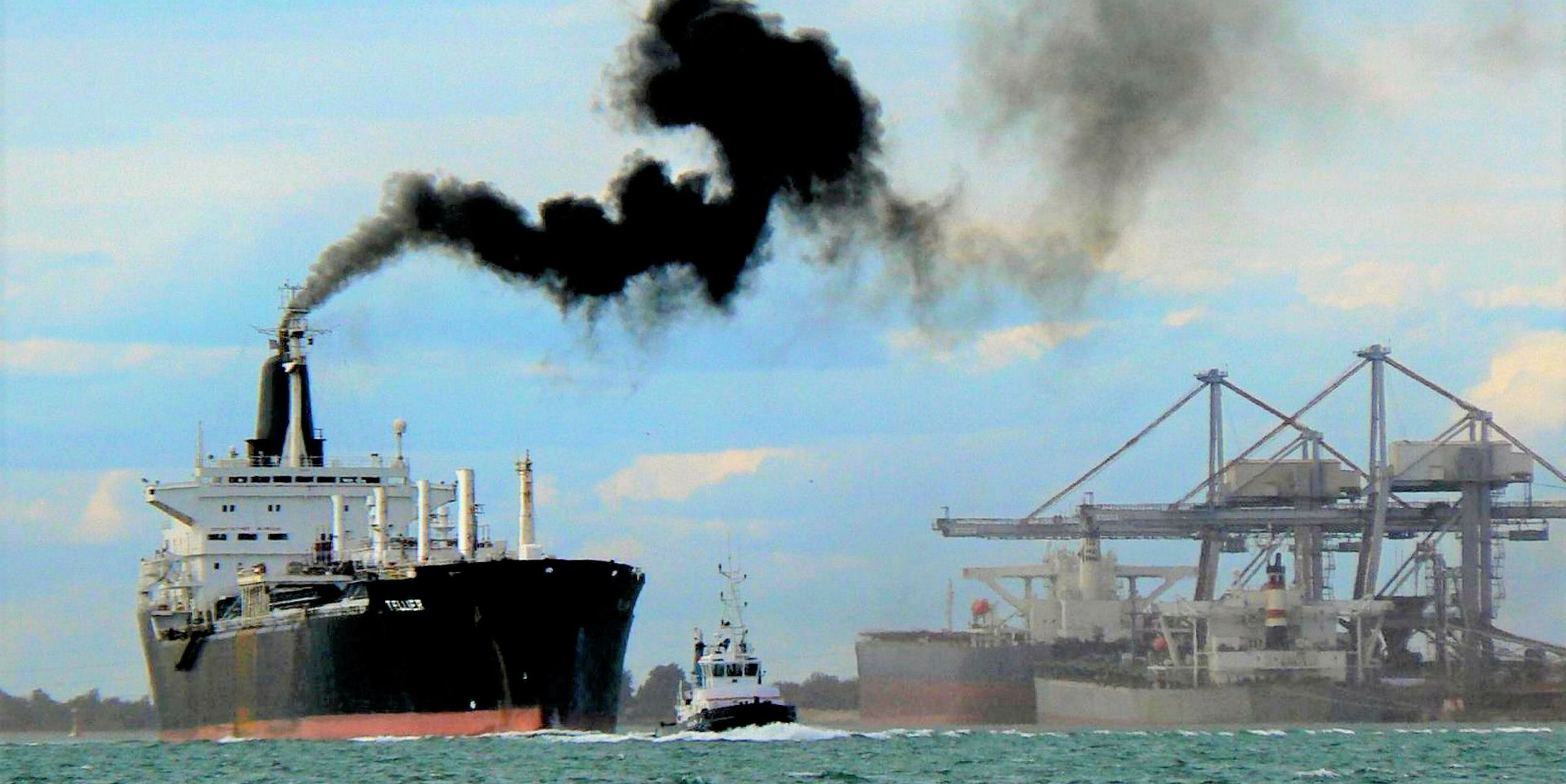Someone who knows the price of everything and the value of nothing was Oscar Wilde’s pithy definition of a cynic.
But in shipping, price is indeed everything. Acquisition cost of ships and the cost of finance are the benchmarks that determine success or failure, to the exclusion of almost any other metric. Or at least that has been the case until now.
Perhaps, however, society is approaching a time for value to be truly championed as playing a more fundamental role in business, rather than just a warm concept to be parroted.
Times are changing as US business leaders question the supremacy of the shareholder as the only measure of corporate value, and the world’s biggest fund manager — BlackRock — champions sustainable investment.
Questions of price and value came to attention this week with the publication of estimates of the cost of stripping carbon pollution from the industry.
An academic-led study suggested the cost of decarbonising shipping would total between $1trn and $1.9trn over the next 30 to 50 years, depending on the speed of change.
That is a big price indeed, and one that will reinforce the view of many sceptics that the industry lacks the capital and prospective earnings to support such investment.
Digging deeper
Yet dig a little deeper and a more intriguing and positive conclusion emerges, one where shipping can show a real focus on value rather than just the price.
The study was conducted by the Energy Transitions Commission and University Maritime Advisory Services (UMAS), which is a body built on the shipping team at University College London and consultancy MATRANS.
It was published to coincide with the World Economic Forum annual meeting at Davos in Switzerland where the Getting to Zero Coalition is holding a panel discussion this week. Among those due to speak are John Angelicoussis and Kitack Lim.
It will come as no surprise that the cost of the transition will depend on the benchmark society aims for.
But it may come as a surprise that it is not the ships themselves that present the largest part of the bill but the technology and infrastructure to support the use of new low and zero-carbon fuels.
The most modest spend would be needed to hit the IMO’s aim to cut greenhouse gas emissions by 50% by 2050 compared with 2008 levels.
At that rate, the study suggests spending of $50bn to $70bn will be needed each year from 2030 (when the first zero-carbon fuels may be available) to 2050, totalling $1trn to $1.4trn. That trajectory would suggest shipping would be on track to eliminate carbon emissions completely by 2070.
To completely decarbonise shipping by 2050, the price would need to rise by more than $400bn to nearly $1.9trn.
But those figures only tell half the story. Most of the spending will be the infrastructure to supply fuel. Under the scenarios mapped by UMAS, infrastructure accounts for around 87% of the total bill.
Hydrogen cost
Hydrogen production would account for about half the total land-based investment, while ammonia synthesis and storage and bunkering infrastructure make up the other 50%.
The cost of making hydrogen will be high. So-called “blue hydrogen” can be made from natural gas using steam methane reformation combined with carbon capture and storage. “Green hydrogen” can be made from renewable electricity and water.
The remaining 13% of the total cost of ships themselves is big investment, it cannot be denied. But a total of $130bn to $250bn depending on the scenario does not appear unmanageable.
Today’s orderbook has a total value of around $233bn, according to Clarksons Research, while the entire cargo trading fleet is worth about $992bn.
Ship finance veteran Michael Parker at US bank Citigroup sees the opportunity.
“Sustainable investing is here to stay,” he said. “We foresee that there will be a great appetite for investments in sustainable infrastructure projects that help reduce greenhouse gas emissions.”
Parker leads the Poseidon Principles initiative as part of the Global Maritime Forum, which is a partner in the Getting to Zero Coalition.
Systemic transformation
Lord Adair Turner, one of the UK’s business grandees and chair of the Energy Transitions Commission, said: “Much of shipping’s decarbonisation will take place on land. It is a systemic transformation that goes beyond the capabilities of the maritime industry alone.
“We need to bring together the full range of upstream and downstream fuels value chains to unlock shipping’s shift to zero-carbon energy sources. Done right, this represents a trillion-dollar market opportunity.”
Signs are that the shift has already started. In December, some 25% of ships ordered will be powered by dual-fuel engines able to burn LNG.
Highlighting the value the carbon transition will bring to both the industry and wider society should help make the upfront price more digestible. Focus on value is not an excuse for slack management, poor and wasteful operations and appeals for soft finance.
Shipping will remain a brutally competitive business environment where efficient operation of appropriate assets will remain fundamental. But opportunity to invest wisely is there for those who want it.






